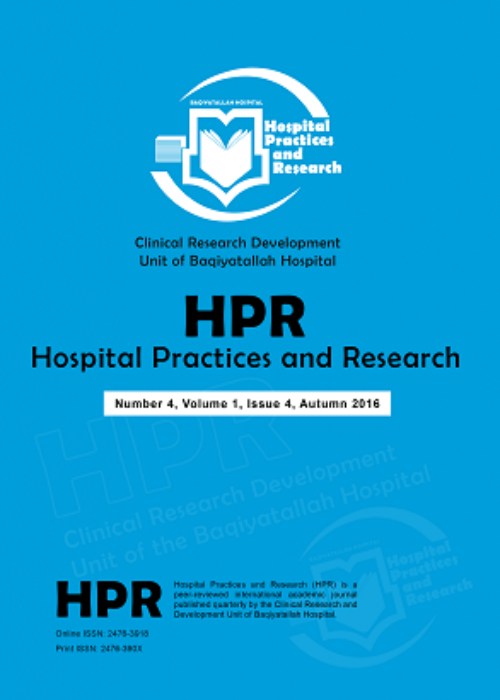New Wave of Sexually-Transmitted HIV in Iran
Author(s):
Abstract:
Despite advancements in medical science, the treatment of AIDS remains a public health problem, and the number of cases has been rising steadily in recent years. Although there is no consensus, statistics collected by the Universities of Medical Sciences and Health Services indicate that, as of 2012, a total of 27 041 people with HIV/AIDS had been identified in Iran, 89.3% of whom were men and 10.7% were women. In 2009, 19 774 people had been recognized.1 Statistics show that the third wave of AIDS continues until women are its silent victims. Addicts and their wives have also been afflicted as have their children, and this completes the cycle of disaster. The percentage of women who have contracted HIV infection from sexual relations has risen to 60%.2 Data shows that transmission through the sharing of injecting needles is 56%.3 Growth in the number of patients involved, the increasing number of drug users, the sharing of needles, increased sexual contact, the rise in the age of marriage, and increases in the divorce rate have caused the rate of sexually transmitted infections to rise. Evidence offers that in addition to the development of patients, the risk of transmission is driven by unprotected sexual contact. Programs to control and prevent HIV/AIDS and educate the public, with a special emphasis on prevention, are top priority.4 Stopping unprotected sex is of specific importance. Results of another study indicated that only 5.2% of female sex workers use a condom, and 90% of them are addicts. Drug users are sexually active and have multiple partners; thus, unprotected sex is quite common. More than 35% of addicts are married and 40% are not; 27% had more than 5 sexual partners. The rate of men who have had sex with other men at least once was reported to be 7% in prison and 67% outside of prison.5 Prostitutes and injecting addicts are very worrying. Based on studies, it is clear that the need for educational measures to raise public awareness and expertise in the field of AIDS prevention are warranted. This is particularly true for women who are victims of these attacks; the World Health Organization and the Joint United Nations Program on AIDS (UNAIDS) emphasized the fact that sexually transmitted diseases, one of the problems in society today, necessitates integrated health care that provides peer education, empowerment, promotion of condom use, and effective treatment of sexually transmitted diseases in high-risk groups such as female sex workers.6 Studies conducted to evaluate the awareness of women sex workers have shown that these women have information about AIDS, but because of financial need and addiction they do not use the information they have. Due to cultural constraints and hidden relationships,4 a comprehensive plan to prevent and detect HIV/AIDS and to promote the use of health services among members of this group is essential. Due to the growing HIV epidemic in this group of people, there is a possibility that a subsequent increase in cases may follow.
Language:
English
Published:
Hospital Practices and Research, Volume:2 Issue: 1, Winter 2017
Pages:
25 to 26
magiran.com/p1665043
دانلود و مطالعه متن این مقاله با یکی از روشهای زیر امکان پذیر است:
اشتراک شخصی
با عضویت و پرداخت آنلاین حق اشتراک یکساله به مبلغ 1,390,000ريال میتوانید 70 عنوان مطلب دانلود کنید!
اشتراک سازمانی
به کتابخانه دانشگاه یا محل کار خود پیشنهاد کنید تا اشتراک سازمانی این پایگاه را برای دسترسی نامحدود همه کاربران به متن مطالب تهیه نمایند!
توجه!
- حق عضویت دریافتی صرف حمایت از نشریات عضو و نگهداری، تکمیل و توسعه مگیران میشود.
- پرداخت حق اشتراک و دانلود مقالات اجازه بازنشر آن در سایر رسانههای چاپی و دیجیتال را به کاربر نمیدهد.
دسترسی سراسری کاربران دانشگاه پیام نور!
اعضای هیئت علمی و دانشجویان دانشگاه پیام نور در سراسر کشور، در صورت ثبت نام با ایمیل دانشگاهی، تا پایان فروردین ماه 1403 به مقالات سایت دسترسی خواهند داشت!
In order to view content subscription is required
Personal subscription
Subscribe magiran.com for 70 € euros via PayPal and download 70 articles during a year.
Organization subscription
Please contact us to subscribe your university or library for unlimited access!


